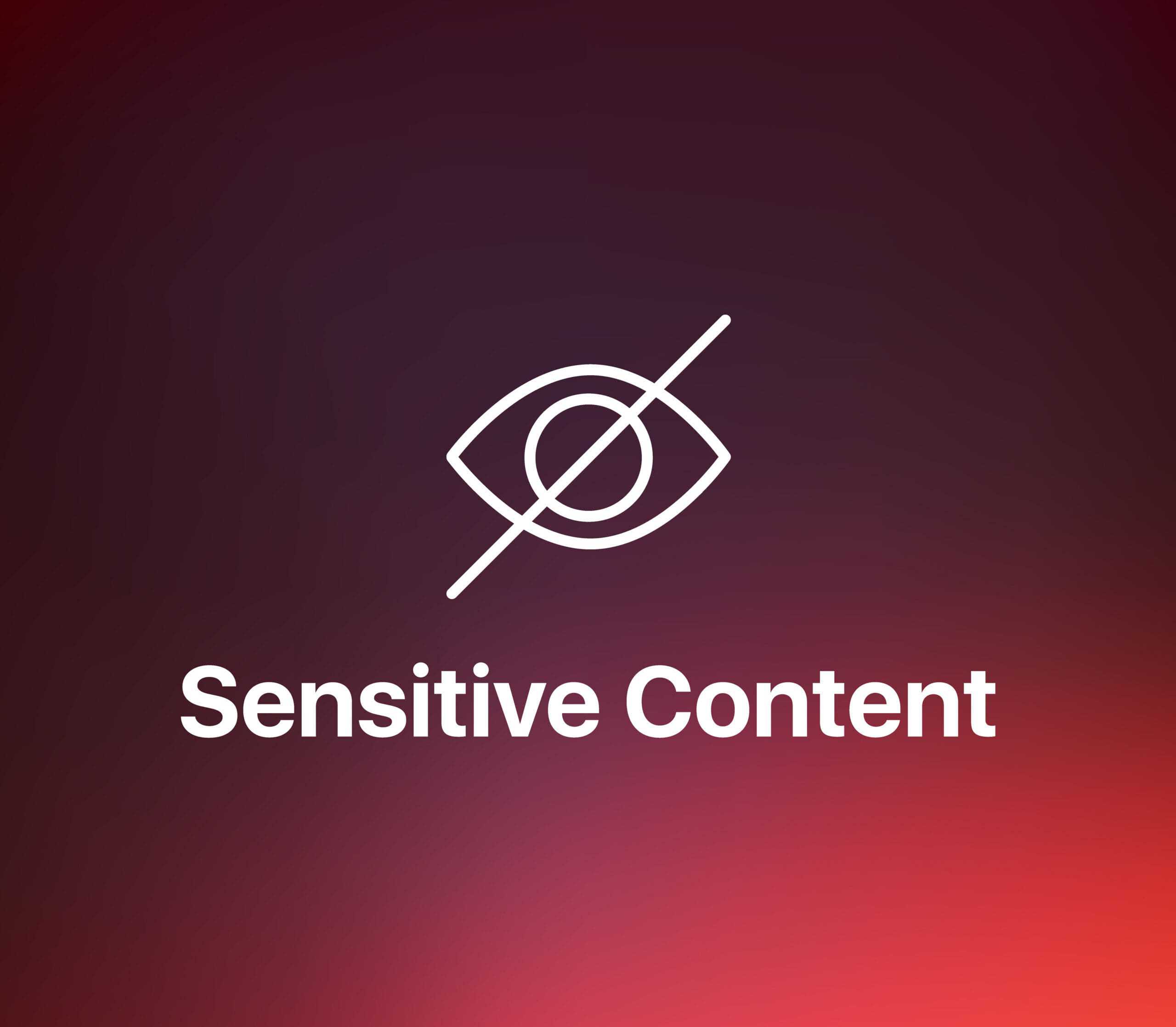Horrifying Instagram Investigation Indicts Modern Parenting

A New York Times investigation into underage social media influencers uncovered thousands of young girls receiving and soliciting attention from pedophiles — on Instagram accounts supervised by their parents.
“Parents are the driving force behind the accounts,” Times reporters concluded after identifying 5,000 parent-managed Instagram accounts with 1) more than 500 followers and 2) multiple posts of their underage daughters in tight or revealing clothing.
The Times’ findings not only expose a mass failure of parental responsibility, but that some have sacrificed their children’s safety out of greed. Parents stand to gain a lot of money from allowing sexually deviant men to exploit their daughters online.
Some parents view men stalking their daughters’ accounts as a “source [of engagement] to be tapped,” writes the Times. Pedophiles provide a steady source of social media engagement — a key part of gaining followers and picking up jobs and brand deals — via likes and sexually explicit comments on photos.
The outlet’s analysis of more than two million Instagram posts found racy pictures of underage girls received more engagement, and accounts posting such images usually had more followers — a higher proportion of them being men.
Several parents also make money directly from pedophiles by selling suggestive images of their children via Instagram’s subscription service.
“Some of the descriptions for [subscription content] highlight the revealing nature of the photos,” reporters write, continuing:
There’s no evidence that the young girls in these photos receive the money made off their pictures — not that it would make the practice any less repugnant. But there’s plentiful evidence showing online exploitation harms their minds, souls and spirits.
Parents reported their daughters can make hundreds of thousands of dollars by selling subscription content.
The Times says interacting with the pedophiles, “opens the door to abuse.” It gives exploitative men to leverage their likes and comments for increasingly explicit photos.
Sally Theran, a clinical psychologist studying online relationships and a professor at Wellesley College, warns children can’t consent to selling suggestive photos of themselves:
What’s more, making money in this way unequivocally tells young girls that their value lies in their physical beauty and ability to please men. It tells them their success and safety require appeasing men who exploit them.
“She’s written herself off and decided that the only way she’s going to have a future is to make a mint on OnlyFans, [a subscription service where people can sell nude photos]. She has way more to offer than that,” one mom told the Times of her daughter, whom she regretted allowing to “model bikinis online for adult men.”
But not all parents expressed regret, or even sheepishness, about allowing their daughters to create such exposed Instagram accounts. Many justified their actions to the Times, claiming these “social media resumes” would jumpstart modeling and dancing careers.
Others say social media is too big a phenomenon to ignore. “I feel like they’ll be behind if they don’t know what’s going on,” one mom confessed. “You can’t do anything without [social media] now.”
DID YOU KNOW?
Still others blamed Instagram’s parent company, Meta, for failing to protect their daughters from creeps. A Wall Street Journal exclusive reveals internal communications showing Meta failed to implement child-safety features in its subscription system, which rolled out in 2022.
No company should host pedophiles — but I’m sure that’s the point here.
It is parents’ job to protect kids from predators — not just Meta’s. There’s no justification for enabling and encouraging your daughter’s online exploitation; there’s no amount of money so high, job so secure, or desire so big that makes intentionally endangering a child okay.
The Daily Citizen advocates for parental rights because we believe parents have the God-given right to care for their children; but with that right comes the responsibility to do what’s best for them.
Some parents told the Times they didn’t find out about the dangers of being a child influencer until recently. Now, they say, they don’t know how to stop their daughters from continuing to expose themselves online.
Parental responsibility demands you do just that: walk it back, delete the account, make the account private, do whatever needs to be done to prevent predators from interacting with your children online — even if it means being the bad guy.
Parenting requires making tough choices on behalf of your children. That’s what Jesus did for humanity when He died on the cross, and that’s what He expects Christians to do for their children now, in this age of unprecedented technological danger.
ABOUT THE AUTHOR

Emily Washburn is a staff reporter for the Daily Citizen at Focus on the Family and regularly writes stories about politics and noteworthy people. She previously served as a staff reporter for Forbes Magazine, editorial assistant, and contributor for Discourse Magazine and Editor-in-Chief of the newspaper at Westmont College, where she studied communications and political science. Emily has never visited a beach she hasn’t swam at, and is happiest reading a book somewhere tropical.
Related Posts

New Research Shows How Fatherhood Uniquely Boosts Child Health
February 10, 2026

Why Adoption is Beautiful and Surrogacy Isn’t
February 6, 2026

Josh Allen: Being a Dad is ‘Most Important Thing’
January 30, 2026

